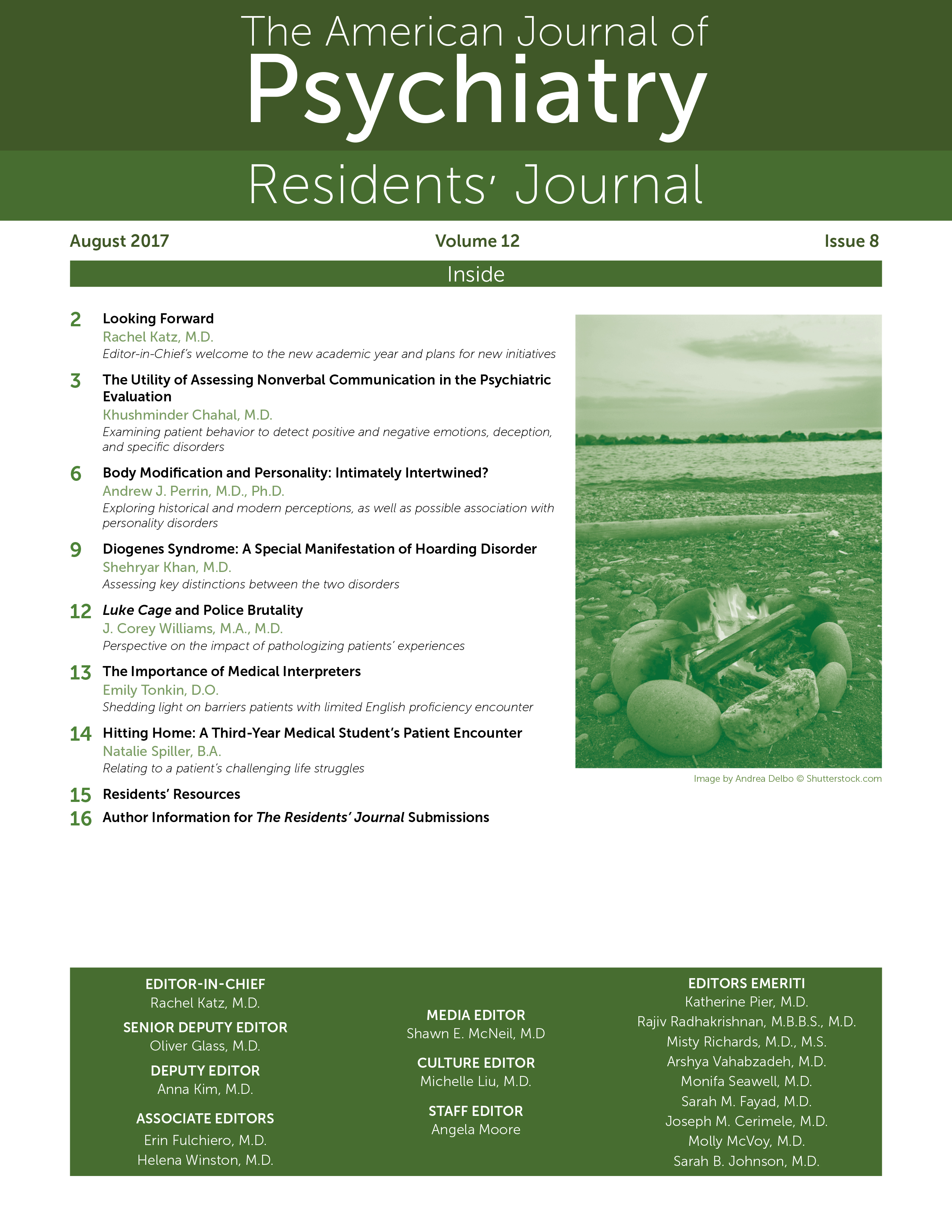At first glance, you might think the new Netflix series Luke Cage is just another platitudinous superhero drama from Marvel Comics. But, there is something quite different about this hero: the hero is a dark-skinned black man dressed in a black hoodie. A celebration of this kind of image is radical change from the prototypical white male, caped crusaders casted in Marvel’s most recent popular products (i.e., Ant-Man, the Avengers, Captain America, etc.).
The cultural and psychological significance of the show lies not just in having a black superhero, but also in the specific superpower of being bulletproof that may strike an emotional cord in the black consciousness. As a show character proclaimed, “There’s something powerful about seeing a black man bulletproof and unafraid.”
The show sheds light on several issues: exploitation of black bodies in correctional facilities, misuse of police force on black bodies, and, perhaps more subtly, the experience of living in predominantly black neighborhoods under concentrated police surveillance.
As a resident working mostly in urban centers, I regularly hear patients, especially African-American patients, tell me that they are afraid of the police and worry about being a target. The fear is omnipresent and palpable. Perhaps being an African-American physician makes patients more likely to reveal to me these concerns.
Because we, as physicians, do not typically inhabit the same neighborhoods and are not subject to the same unjust institutional practices as our poor, urban patients, we may have a difficult time relating to their worries. The socioeconomic discrepancy between the physician and patient may make the physician more likely to distort or misinterpret a patient’s psychological reaction to a very real threat in his or her community. As a colleague once said after a patient described his fear of the police, “The patient may be suffering from delusional paranoia.”
As an African American, I too am concerned about being a victim of police brutality. When I drive down the street and see a police cruiser in my rearview mirror, my grip around the steering wheel becomes a little tighter. One misunderstanding, one false move, could result in my untimely death. This hyperawareness is not simply the result of a few minor acts from “bad apple” officers, but from decades of tension and distrust between communities and law enforcement.
The narrative of Luke Cage does not offer a logical, cognitive response to the problem of police brutality. Nor does the show offer social or political solutions to racial impropriety of law enforcement. However, it offers a symbolic representation of unapologetic black strength and resilience, which can speak to people in a powerful way. As we work with minority patients, we must be careful as to what we choose to pathologize about their experience, given the tragic victimization of the black community from police brutality and mass incarceration. As the TV show Luke Cage may provide an emotionally evocative narrative, clinical encounters can serve as an emotional outlet if clinicians listen with a non-judgmental ear to these experiences.
